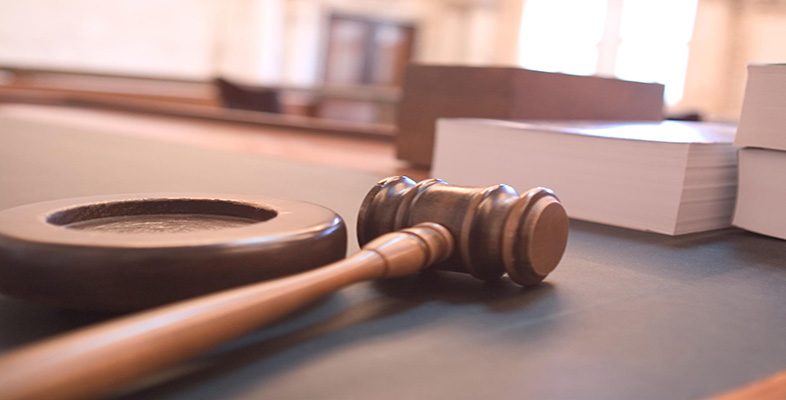3.3 Examples of rights
Many things have been claimed as rights, as can be seen in the text of the Universal Declaration of Human Rights in Table 1. One set of rights is citizenship rights. Primarily concerned with basic constitutional issues, these rights should, in Dworkin's phrase, ‘trump’ other considerations such as political expediency and policy-making imperatives (Dworkin, 1984). They are often categorised into legal, civil and political rights. Legal rights include such things as: due process of law; equal treatment under the law; and the right to a fair trial. The right to own property (individually or in association) and the right to enter into binding contracts are also important legal rights.
Examples of civil rights are free speech, free association and free movement. Political rights concern the right to participate in the community's self-government, and in democracies might include the right to vote, to stand as a political candidate, to fair elections, and to a secret ballot. Related to citizenship rights are things like employment rights, for instance, the right to join a union or to go on strike. If rights presuppose duties, and if moral rights presuppose the legal order of a state for their protection, a citizenship right such as the right to a fair trial may express the basic right to life. Likewise, freedom from torture can be defined as a basic moral right (to life, security of person) and as a civil right in a given legal system.
| Of the 30 Articles in the Declaration, the first two set out that ‘[a]ll human beings are born free and equal in dignity and rights’ and are ‘endowed with reason and conscience’, and that ‘[e]veryone is entitled to all the rights and freedoms’ set out, ‘without distinction of any kind, such as race, colour, sex, language, religion, political or other opinion, national or social origin, property, birth or other status’. |
| Articles 3–5 set out the rights to life and liberty, and against slavery or servitude, torture or cruel, inhuman or degrading treatment. |
| Articles 6–12 lay down legal rights, to be recognised ‘as a person before the law’ and equality before the law, against arbitrary arrest, to be presumed innocent until proven guilty, privacy and protection against attack. |
| Articles 13–15 concern the right to freedom of movement within one's country and freedom to leave it, the right to seek asylum, and the right to a nationality. |
| Articles 16 and 17 establish the right to marry and have a family, and to own property. |
| Articles 18 and 19 enjoin the right to freedom of thought, conscience and religion, and to freedom of opinion and expression. |
| Articles 20 and 21 establish a right to peaceful assembly, and the right to take part in the government of his [sic] country, such that the ‘will of the people shall be the basis of the authority of government’. |
| Articles 22 and 23 prescribe a right to social security, the right to work, equal pay for equal work, and the right to join a trade union. |
| Articles 24–27 dictate rights to rest and leisure, to a ‘standard of living adequate for the health and well-being of himself and of his family’ [sic], to education, and to participate freely in cultural life. |
| Article 28 specifies a right to a social and international order in which these rights and freedoms can be fully realised, while Article 29 commands a duty on the part of the rights holder to the community in which the development of his [sic] personality is possible. |
As you can see, these rights cover a broad range of what we described earlier as basic, citizenship, and social and economic rights.
